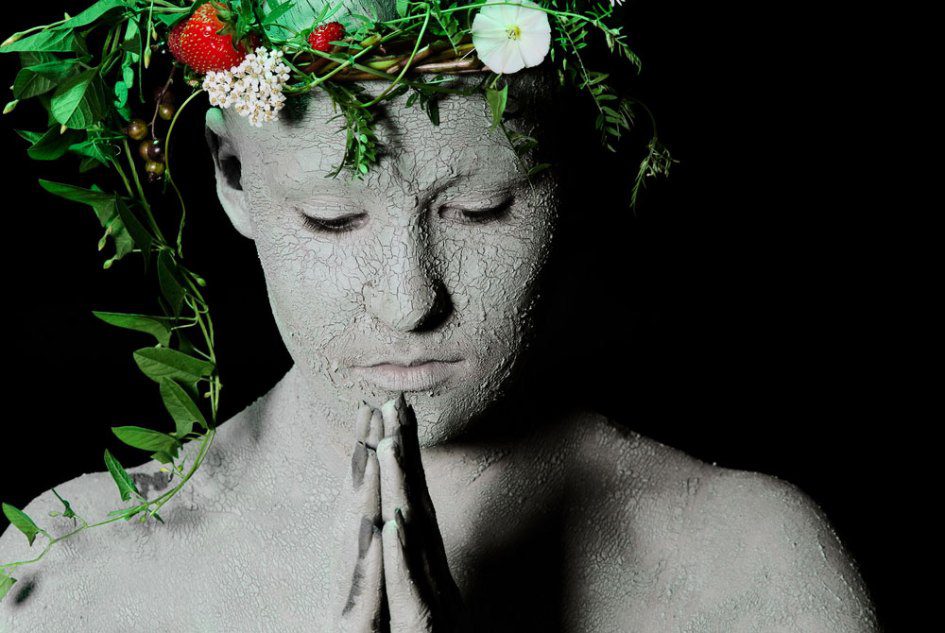One of my friends is very passionate about environmental issues. She’s an activist and a vegan and these are important ways in which she expresses her Pagan spirituality. Recently, she asked: Why aren’t Pagans walking the talk when it comes to environmental issues? Why aren’t we more environmentally responsible?
She observed that many Pagans talk a lot about nature – its beauty and wonder and the “spells for the Earth”. But is this just lip service? Are Pagans really making sound environmental lifestyle choices?
Here are four reasons why I think many Pagans aren’t environmentally responsible and one reason why I think we might be more environmentally responsible than we give ourselves credit for.
1. Pagans are just people
I too am guilty of thinking that Pagans should be better at certain things than people of other religions, but it doesn’t work that way. We contradict ourselves just as much as anyone else. We’re just as ignorant, apathetic, disconnected, and worried about ourselves and getting through the day. Quite frankly, some of us just don’t care about the environment.
2. Not all Pagans are nature-centred
I know this is surprising to many people, myself included. For some, Paganism is more about the magick or personal development or gods. Some refer to examples of historical paganism that were not rural and focused on farming and hunting, but were more urban and temple-based. It’s not necessarily that environmental issues are of no concern to them, but nature is not at the heart of their Paganism, and they are not called to do a great deal of environmental work.
3. Pagans are influenced by Romanticism
Romanticism was an 18th century European movement that was, in part, a reaction to the Industrial Revolution. Inspired by the classical themes, poets romanticised Pan as the personification and guardian of the English countryside and turned him into a sort of Green Jesus. “Nature” to the Romantics and then to the Victorians and down through Gardner and the English tradition was pastoral – a beautiful, idealised version of country life. Even today when we think of “nature”, we think of The Shire, not Mount Doom.
4. Pagans don’t want reality
There are a lot of people that come to Paganism and Witchcraft because they love the fantasy genre and are moved by fictional representations such as those in The Craft, Practical Magic, Charmed, and American Horror Story: Coven. They like to call people “muggles” and they want to feel weird, special, and powerful. We also have to consider the influence of the New Age movement. These are probably the most the materialistic kind of Pagans and Witches. They don’t give a second thought to the mining practices attached to their enormous crystal collections or the sweat-shop conditions under which their “Made in India” tools were created. Witchcraft is like a fandom to these people.
5. Good Earth-stewardship is often invisible
If you saw me enjoying a drink at a bar with friends, you wouldn’t know that I recycle and compost; that I eat fruits and veggies that my partner grows in our garden; that I don’t own a car; that the line of hair products I use is vegan; that I carry a stainless-steel bottle in my purse so I never have to buy a plastic bottle of water; that I carefully consider my consumption habits; that I’m currently exploring how to reduce my use of plastics… you wouldn’t know a lot of things.
We should be careful to avoid assuming that Pagans (and other people) aren’t being good environmental citizens. While it’s great that there are people who will chain themselves to trees and protest in the streets, the rest of us might be taking quiet actions everyday. For some of us, being a good environmental citizen is just part of our everyday. Could we do better? Yes, we all could. But let’s not assume we’re not doing anything at all or judge each other by our standards of what is good enough.

